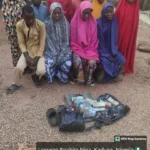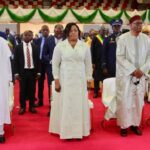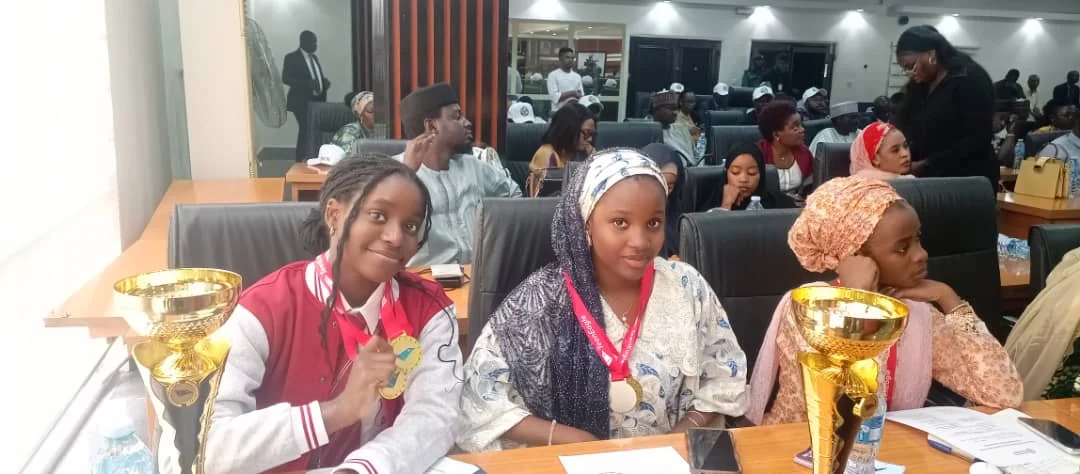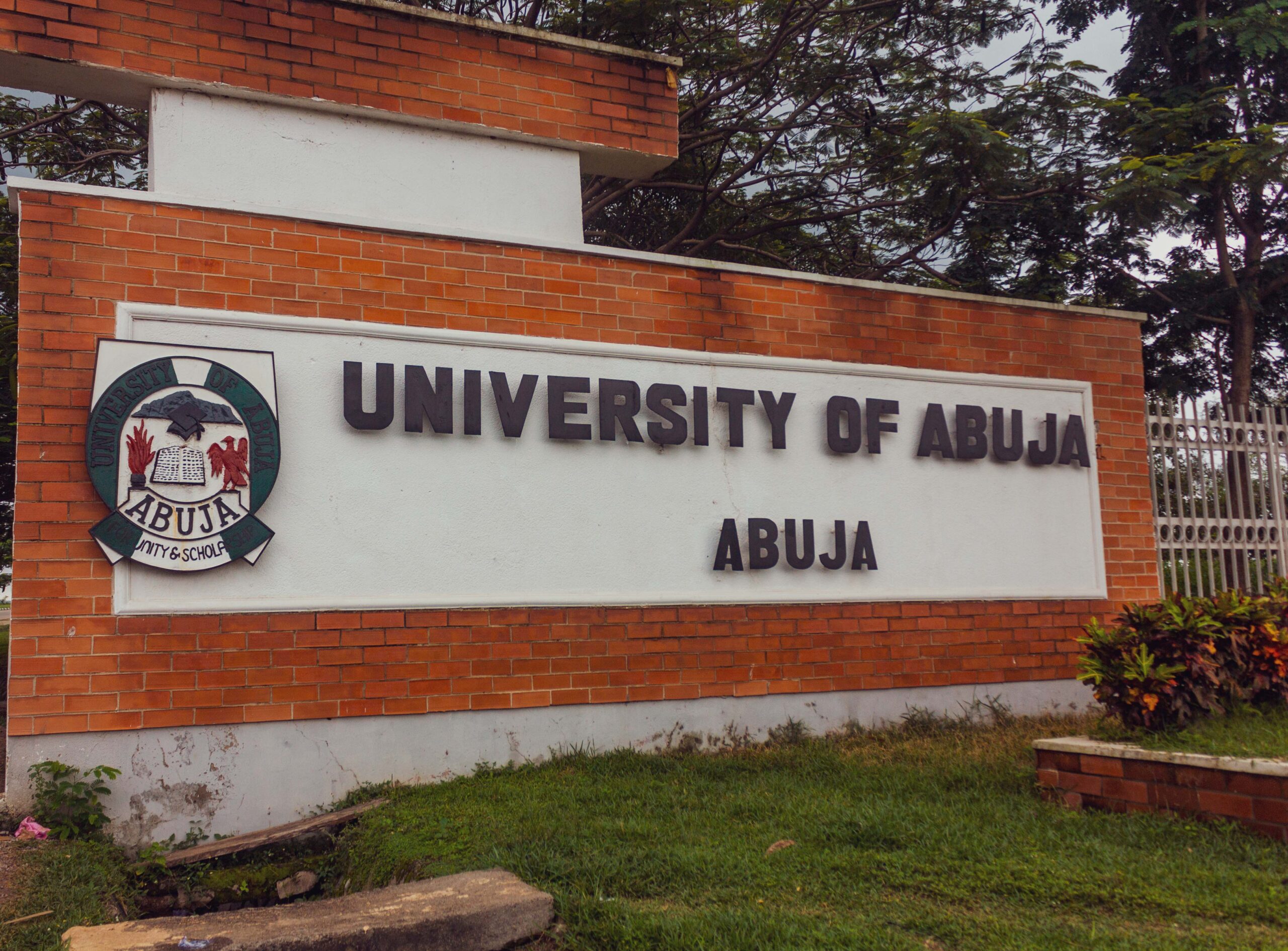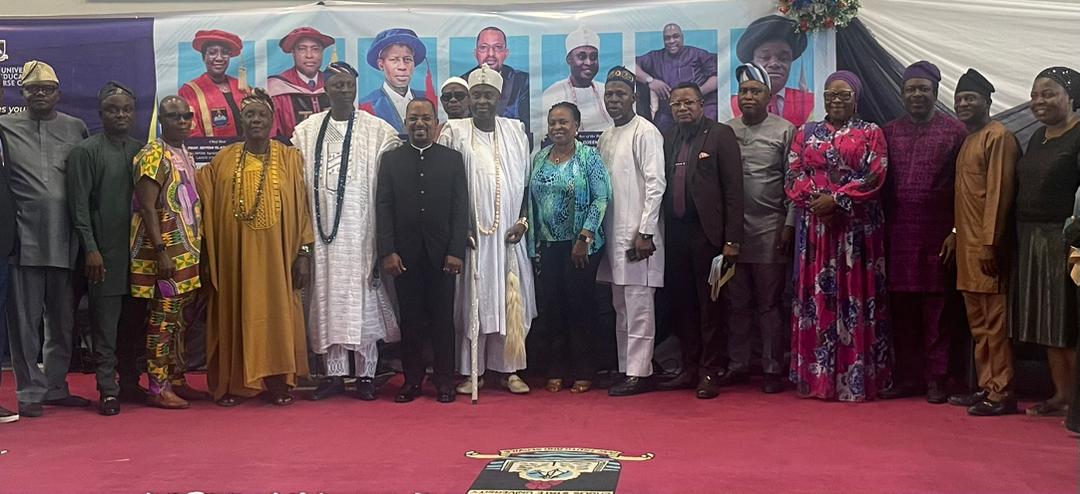FG pledges quality education as Yobe students win global contest
By Funmilayo Adeyemi The Federal Government has reaffirmed its commitment to delivering quality education to every Nigerian child, as three students from Yobe emerged world champions at the 2025 TeenEagle Global Competition in London. The students: Nafisa Aminu, Rukayya Muhammad and Hadiza Kalli, won top positions in English Language skills,Continue Reading


